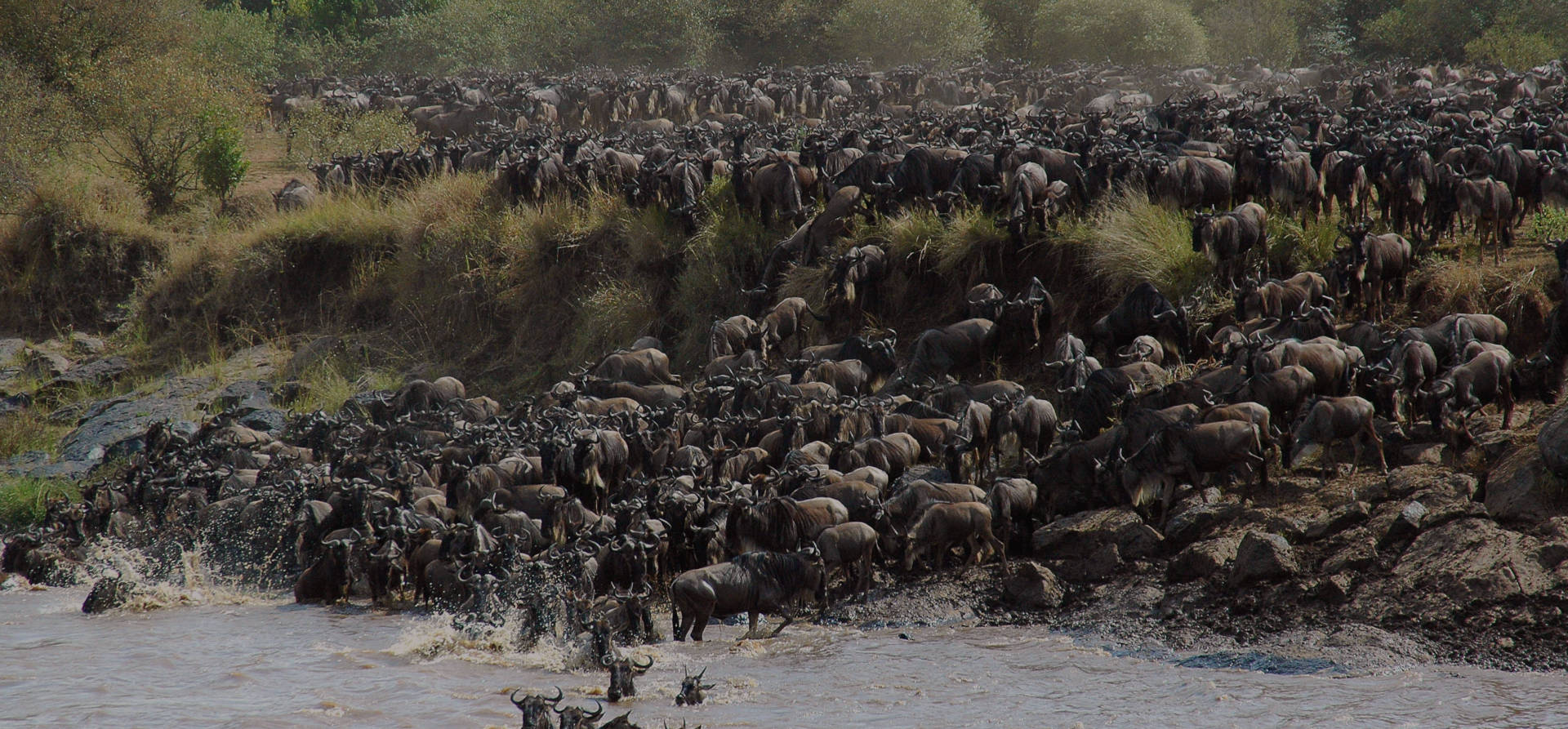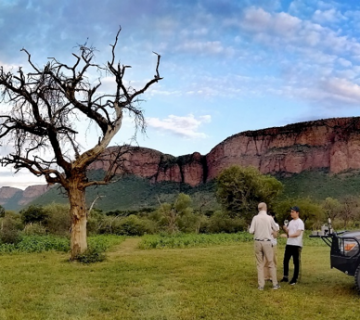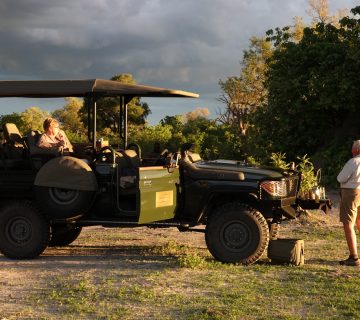Travel insurance for your African safari
Liz Sumner Brandt
When you book your safari after going through the design process with us, the next step is to look at a travel insurance policy. Your full trip cost is often not the kind of money that you want to just put on the line, vulnerable to a twist of fate that could cause an unfortunate cancellation.
The medical evacuation and healthcare coverage makes for good commonsense for any international travel, safari of course as well. Although we do not require mandatory policy purchases/coverage in order to book with us, we very strongly recommend a travel insurance policy to protect your investment prior to departure, and have a safety net for you and your loved ones while traveling.
How to shop for a travel insurance policy?
Travel insurance for a two-week trip to Africa can be expensive and policies are also age-adjusted. Plan to budget between 4% to 10% of your total trip cost for comprehensive coverage.
1. Start at a comparison site, such as Squaremouth or Insure My Trip to see different policies lined up against each other, and other traveler reviews;
2. Check out some of the classic insurance carriers whose website information can be valuable to read, such as:
• Allianz
• John Hancock
• AXA
• Travelex
• Travel Insurance Center
Completely Unique Safaris does not resell insurance nor are we affiliated with any insurance provider, but many general travel agents do.
Existing health insurance or credit card coverage. These may offer coverage to some extent, but credit card benefits are usually quite limited and do not cover travel in any comprehensive way (not medical evacuation), and your health insurance may or may not cover healthcare services received abroad. Still, put a call in to see what protections you may already have in place.
Time is of the essence: The Pre-existing conditions waiver
Within 21 days of placing your initial deposit for your safari, you will need to also buy your travel insurance policy if you want it to include the pre-existing conditions waiver. In a nutshell, without this, the insurance carrier can potentially deny reimbursement if your trip is impacted by a medical condition that can be found using your previous health history – or the health history of a pertinent family member. If there is evidence of a “flare-up” of an otherwise well-managed condition (yours OR your loved one’s) in the months before your departure, and this causes you to need to use your trip insurance, the company may deny your claim.
However, if you were healthy enough to take your trip on the day you purchased your policy, AND you buy the policy within 21 days of placing your initial deposit, the insurance company cannot use this denial avenue. Read more about the Pre-Existing Conditions Waiver.
You can buy an initial policy associated with your safari before the 21-day mark and add to it later, when you buy your international plane tickets, or if you tack on another travel leg.
Other standard elements of an international travel insurance policy
• Trip Cancellation / Interruption. Reimburses you for pre-paid, non-refundable expenses such as flights, hotels, and tours, should you need to cancel your trip or cut it short
*Note that “Cancel for Any Reason” coverage can add as much as 40% to the price of your policy vs. narrower cancellation conditions
• Covers the cost of treatment for a medical emergency while traveling;
• Arranges and pays for medical transport to a treatment center, or to return you home if necessary;
• Covers lost, stolen, or damaged bags and personal items, reimburses for clothing, toiletries, and other essential items if baggage is delayed;
• Help to deal with claims, medical emergencies, and other travel-related assistance during your trip.
Some homework that’s worth doing before you sign up for your chosen policy:
Every policy comes with a “Policy Certificate” that the provider will make available to you before purchase. It’s a good idea to read the fine print, of course. If there is any part of it that you don’t understand, call the company and “Google” specific terms online to clarify.
1) Most travel insurance covers safari activities (game drives, shorter walks) as part of their standard coverage. Other activities that you may do while on safari include: a multi-day walking safari, canoeing on the Zambezi River, white-water rafting, a helicopter flip over Victoria Falls, a hot-air balloon ride over the Serengeti, or shark-cage diving near Cape Town. It’s important to read through the activities coverage of your policy and whether a particular “adventure activity” may require an upgrade.
2) How to authorize medical evacuation. Your safari lodges and camps train on potential evacuation scenarios, even though they are rare. In general, you will be immediately transferred by road or air to the nearest clinic or medical facility, depending on the situation and level of urgency. If medical evacuation to an upgraded facility, or back to your home country (repatriation) is required, your travel insurance will typically require an authorization conversation to document the situation and green-light the evacuation. It’s good to understand how this authorization process works, what the appropriate contact information will be if calling from Africa — such as alternatives to 1-800 numbers — and who can initiate the authorization on your behalf.
A great option, all conveniently packaged into one site is reviews.com. This is a great resource to check out, especially when comparing different providers:
https://www.reviews.com/travel-insurance/
It is assumed in our Terms & Conditions that you understand the risks of going on safari and have adequately insured your trip and yourself before your departure. Completely Unique Safaris and its agents and associates cannot be held responsible or liable for loss, damage, or theft of personal luggage and belongings, nor can we be held liable for personal injury, accident or illness.







